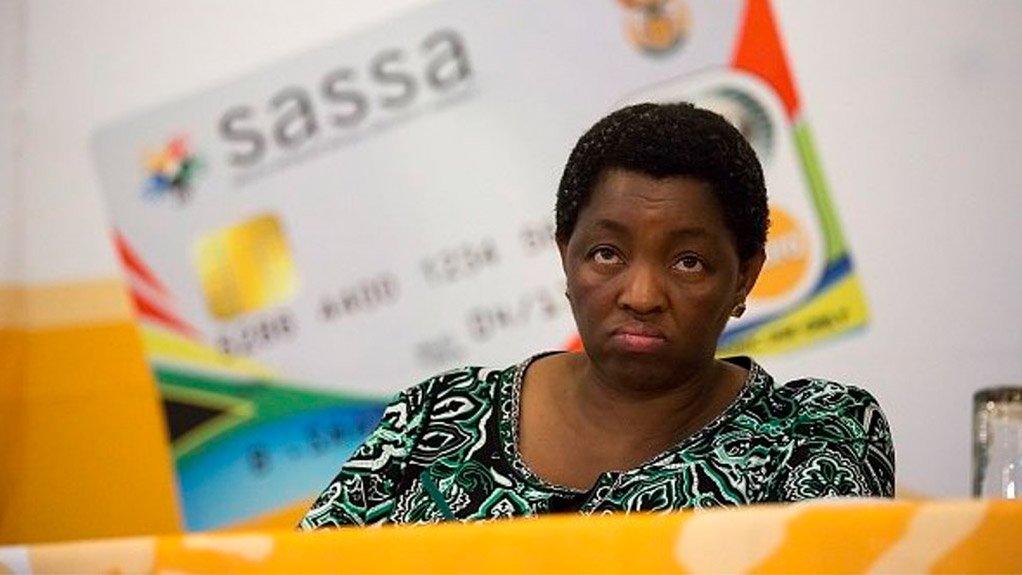/ MEDIA STATEMENT / The content on this page is not written by Polity.org.za, but is supplied by third parties. This content does not constitute news reporting by Polity.org.za.
“Prevention programmes like Isibindi, which involves home visits by trained child and youth care workers to support families with children at-risk in South Africa, are proven interventions to contribute to violence prevention against children in the country”, said Ms. Bathabile Dlamini, Minister, Department of Social Development, at the Global Solutions Summit on Violence against Children in Sweden.
“In addition, evidence-based parenting programmes such as the Teenage Parenting programme, Sinovuyo, and MenCare Child Care and Protection programme have all shown positive impacts which we hope to scale up in coming years”.
The Summit is being hosted by the Government of Sweden in close cooperation with the Global Partnership to End Violence against Children and We PROTECT Global Alliance with the support and collaboration of the UN Special Representative of the Secretary-General on Violence against Children, as well as relevant UN Agencies, NGOs and private sector actors.
End Violence is a platform that aims to build and strengthen a global movement to end violence against children. Together with 14 other countries in the world, South Africa became a Pathfinder country, on 12 December 2017. Pathfinder countries are expected to implement the following roadmap:
- Build national leadership and political will;
- Strengthen collaboration through multi-stakeholder platforms;
- Accelerate Action by developing and implementation of a national programme of action on violence against children;
- Communicate the concerted actions as laid down in the national action plan to a broad audience.
Since 2015, Agenda 2030 calls for all countries and stakeholders to come together in a collaborative partnership to implement sustainable development goals to all, especially for the most vulnerable. The Global Partnership to End Violence is convening governments, UN agencies, international organisations, civil society, faith groups, the private sector, philanthropic foundation, researchers, academics and children in order to:
1. Build and sustain political will to achieve the SDGs, promoting evidence-based strategies that will lead to significant, sustained and measurable reductions in violence against children;
2. Work together with partners to accelerate action to tackle the violence that children face, with an initial focus on countries that wish to lead the global movement to end violence;
3. Strengthen collaboration amongst and between countries and with civil society and other stakeholders. End Violence will work with and supplement the efforts of existing partnerships.
Child protection and care is a key focus of the Government of South Africa and this commitment is best reflected in the significant investments Government is making to ensure the delivery of quality health, education and protection services to children. Yet too many children still experience violence and abuse that can cause lasting physical, mental and emotional harm and inflict on children’s ability to become responsible, self-reliant and productive members of society.
Between 1 in 3 girls and 1 in 5 boys experience some form of violence prior to age 18 and many of them experience repeated and multiple forms of violence, most often by people they are close to and in places where they should feel safe - at home, in their communities and in schools. In disadvantaged communities, children often lack opportunities and safe spaces to learn, play and just enjoy their childhood.
In South Africa, Isibindi – Isibindi means ‘courage’ in Zulu - was designed by South Africa’s National Association of Child and Youth Care Workers, supported by the Department of Social Development and UNICEF. The model involves home visits by 6,700 trained child and youth care workers to support families with children at-risk.
This community-based programme aims to provide safety, play and structures for 352,000 children and youth in 400 Safe Parks and drop-in centres. The Isibindi model aims to respond holistically to the needs of children, youth and families who are vulnerable and at risk of abuse, violence, neglect and exploitation. Unemployed community members are screened, selected, trained and deployed as child and youth care workers servicing families in their own communities.
Combatting violence against children demands concerted action from all of us: let’s act now!
Issued by Department of Social Development
EMAIL THIS ARTICLE SAVE THIS ARTICLE ARTICLE ENQUIRY
To subscribe email subscriptions@creamermedia.co.za or click here
To advertise email advertising@creamermedia.co.za or click here











